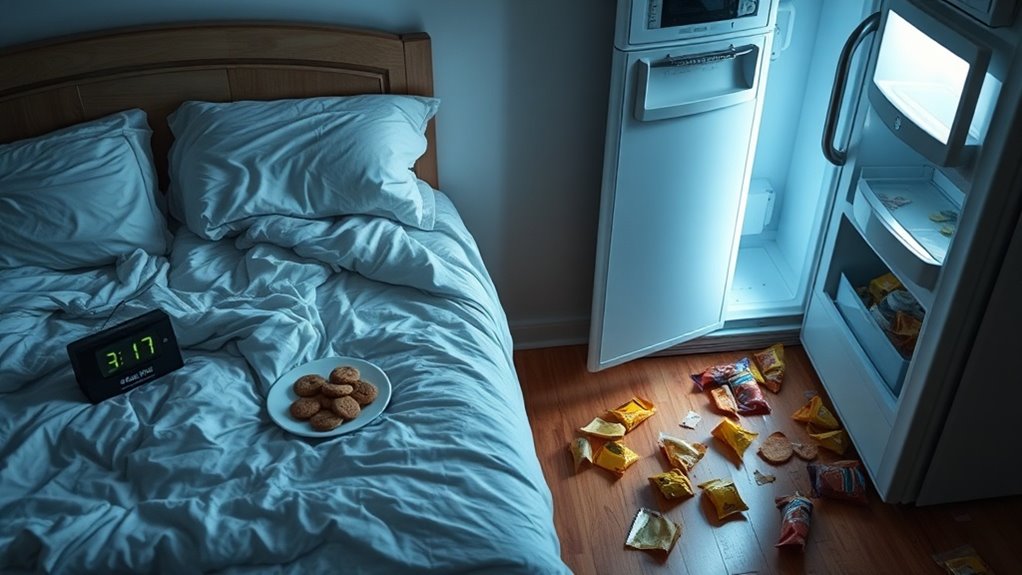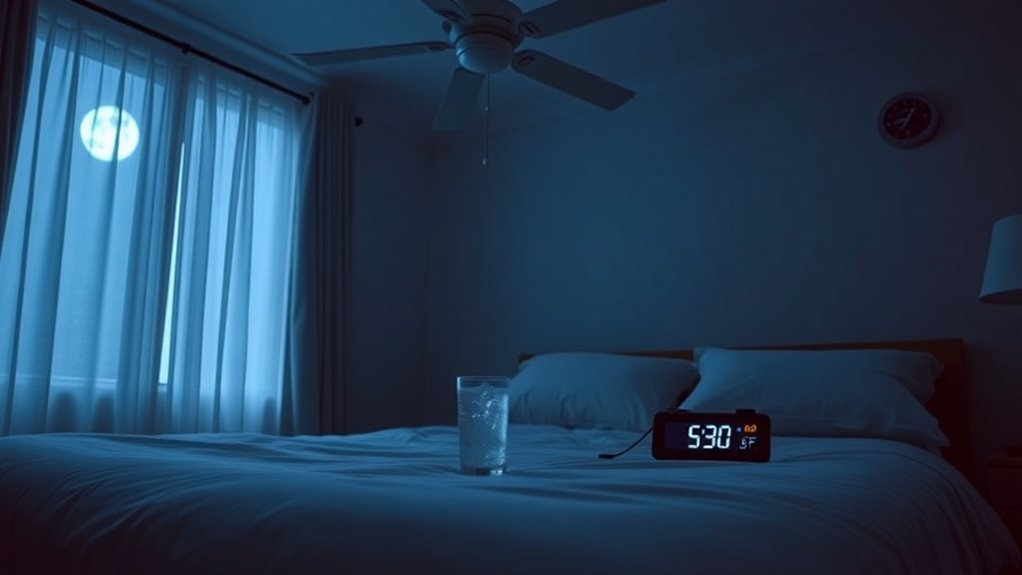Why Poor Sleep Might Be Holding You Back From Losing Weight
If you’ve been struggling to lose weight despite following a strict diet and exercise regimen, your sleep habits might be the hidden saboteur. Research shows that poor sleep disrupts your body’s intricate hormonal balance, particularly affecting ghrelin and leptin – key regulators of hunger and satiety. You’re not just imagining those intense late-night cravings or mid-afternoon energy crashes; there’s compelling science behind why inadequate sleep undermines your weight loss efforts.
The Science Behind Sleep’s Impact on Metabolism
When you consistently get poor sleep, your body undergoes significant metabolic changes that directly affect weight management. Your insulin sensitivity decreases, making it harder for cells to process glucose efficiently. Sleep deprivation also disrupts the balance of hunger hormones – increasing ghrelin (which stimulates appetite) and decreasing leptin (which signals fullness), creating a biological environment that promotes weight gain. Additionally, a lack of sleep can lead to elevated cortisol levels, which promote fat storage and weight gain.
How Sleep Deprivation Triggers Hunger Hormones
Although scientists have long understood the connection between sleep and appetite, recent research reveals the precise mechanisms by which sleep deprivation disrupts your hunger hormone production.
When you don’t get enough sleep, your body increases ghrelin (the “hunger hormone”) and decreases leptin (the “satiety hormone”).
This hormonal imbalance makes you feel hungrier throughout the day and less satisfied after meals, often leading to overconsumption and weight gain. Furthermore, hormonal imbalances caused by sleep deprivation complicate effective weight management strategies.
Poor Sleep and Its Effects on Food Choices
The disruption of hunger hormones tells only part of the story behind sleep-related weight gain.
When you’re sleep-deprived, your brain’s reward centers become more responsive to high-calorie foods, affecting your food choices.
-
You’re 33% more likely to select larger portions when tired.
-
Your prefrontal cortex shows reduced activity, weakening impulse control.
-
You’ll experience increased cravings for carbohydrate-rich and sugary foods.
Additionally, adequate sleep plays a crucial role in balancing hormones that regulate appetite and metabolism.
Sleep Quality vs. Exercise Performance
Poor sleep greatly impairs your ability to perform physical activities and maintain exercise consistency.
When you’re sleep-deprived, you’ll experience reduced muscle strength, decreased endurance, slower reaction times, and impaired motor coordination.
Your body also produces less growth hormone and testosterone during poor sleep, which directly affects muscle recovery and repair after workouts, ultimately compromising your fitness progress and weight loss goals. Additionally, poor sleep disrupts the balance of hunger-regulating hormones, making it harder to manage cravings and maintain a healthy diet.
Practical Tips for Better Sleep and Weight Management
Since maintaining healthy sleep habits directly impacts weight management success, implementing evidence-based strategies can help optimize both your sleep quality and weight loss efforts.
Research demonstrates that consistent sleep hygiene practices markedly influence metabolic function and appetite regulation.
- Establish a consistent sleep schedule that allows for 7-9 hours of rest, even on weekends.
- Create a dark, cool bedroom environment (65-68°F) and limit screen exposure before bedtime.
- Time your meals 2-3 hours before sleeping to prevent metabolic disruption.
Additionally, prioritizing adequate rest can help balance hormones vital for effective weight loss.





